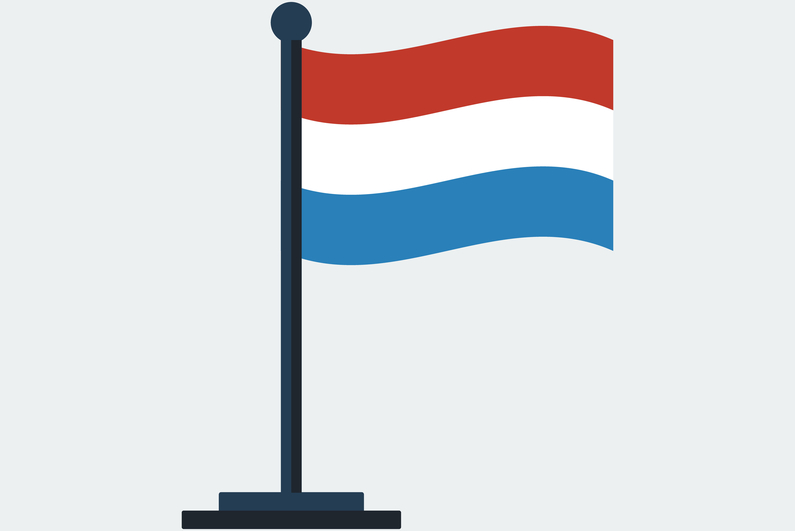30-second summary
- Online gambling in the Netherlands has increased by 20% over the past two years
- No type of online gambling is legal in the country
- Remote Gambling Bill has been in limbo since 2016
- Dutch authorities have been clamping down on errant operators
Rising participation levels
The number of people gambling online in the Netherlands has increased by more than 20% over the past two years, even though it’s illegal.
These figures come from an independent agency that focuses on research and consultancy work. Its studies show that about 1.86 million citizens in the Netherlands, which has a total population of 17 million, engaged in some type of unlawful gambling in 2018.
A similar study in 2016 found 300,000 fewer participants. According to the firm’s estimates, about $679m (£521m) was spent on unlawful gambling in 2018, so the country is missing out on a significant source of revenue because it cannot tax these illicit revenues.
The survey, conducted in November 2018, drew 15,000 responses from people aged 18 to 80 years old. It was commissioned by the Holland Casino, which is the country’s state-owned casino monopoly. About 38% of the respondents said they gambled in some form, with 18% of them saying they did so online.
The most popular activities for online gambling were sports betting and bingo, with participation rates of 9%. Online casinos were at 8%, and the poker participation rate was 7%. There was a significant uptick in the levels of spending on online casino and bingo, but the sports betting online spending levels were down 9%, with poker spending dropping by nearly half from the 2016 figures.
A strong majority of the respondents were in favor of the Dutch government allowing some form of online gambling and 66% supported online sports betting.
Remote Gambling Bill
Dutch authorities plan to discuss the ongoing Remote Gambling Bill this month. The bill has been in the works for more than three years and the debate about online gambling has been ongoing since 2010. The 2016 Remote Gambling Bill was approved by a large majority in the lower house of parliament. This bill calls for a tax of 29% on all online and offline gambling revenues.
Another 1.5% tax would go towards the state’s regulatory authority, the Kansspelautoriteit (KSA). Finally, another 0.5% would go toward helping those with gambling problems. However, some points in the bill caused some serious debate. For example, there was a raging debate as to whether or not the KSA could block IP addresses of Dutch residents who were using illegal online gambling platforms.
This legislation has been delayed since 2016. There have been numerous pushes to have it re-looked at in the meantime, but not much progress has been made.
Widespread concerns exist about the legalization of online platforms in the country. Opponents believe that it will increase levels of problem gambling. However, the survey clearly shows that a significant number of Dutch citizens are already gambling online through illegal platforms.
Strict framework
The Netherlands is now clamping down hard on errant gambling practices. In addition to blocking IP addresses, errant operators have been hit with some hefty fines. The KSA continues to hunt the illegal operators and regularly hit them with six-figure fines.
In total for 2018, they issued fines of more than $1.95m (£1.5m), compared to $1.1m (£0.84m) in 2017 and $453,000 (£348,000). There were 23 sanction decisions. Of seven administration penalties, five were levied on online operators that hold international licenses. These were William Hill, CyberRock, Mr Green, Betsson, and Bet at Home. They were all seen to be illegally targeting Dutch residents.
Another key issue in the Netherlands is that of video game loot boxes. In April 2018, the Dutch Gambling Authority investigated at ten of the most popular video games that had loot boxes.
The authority ruled that four of these games violated the Dutch gambling laws and the operators were given eight weeks to resolve these issues or they would be punished with fines and bans. This is an area that many other European countries are looking at to help prevent the development of problem gambling in young people in particular.
